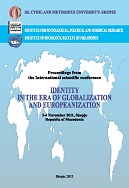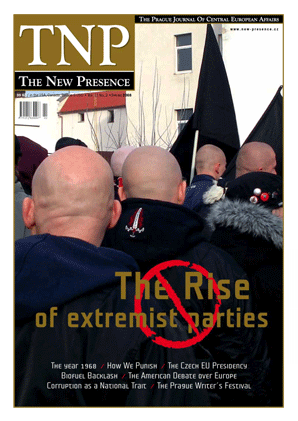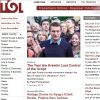
DYNAMICS OF IDENTITIES IN TRANSITIONAL SERBIA
Due to rapid social changes, Serbia faces an enhanced dynamics of identities and their alteration, appearance of new and disappearance of old identities, as well as oscillations in the emotional legitimacy attributed to these identities. Apart from global social processes, the specificities of the Serbian transitional society also play an important role in the creation of identity matrices. This paper deals with these changes in the identity map of Serbia, trying to determine the types of present identities, their dynamics, and emotional legitimacy attributed to them by the respondents, and analyzing the results of the research conducted in the period from 2007 to 2011: Culture of Peace, Identities and Interethnic Relations in Serbia and in the Balkans in the Process of European Integration (Centre for Sociological Research of the Faculty of Philosophy in Niš, 2007; European Value Survey, 2008; Cultural Practice of Population in Serbia (Institute for the Study of Cultural Development); Social and Cultural Capital in Serbia (Centre for the Empirical Study of Culture, 2011). The authors’ intention is to capture the change, tendency, process – the dynamics of “old” (ethnic, religious) and “new” (professional, civil) identity. Family identity can occur both in a traditional and modern form, therefore we are also going to deal with the issue of family identification in order to recognize the dominant model in Serbia. Although identities have to be “fixed” to a certain extent, still the identification of the individual and collective creation is a living process which reacts to current social happenings.
More...

